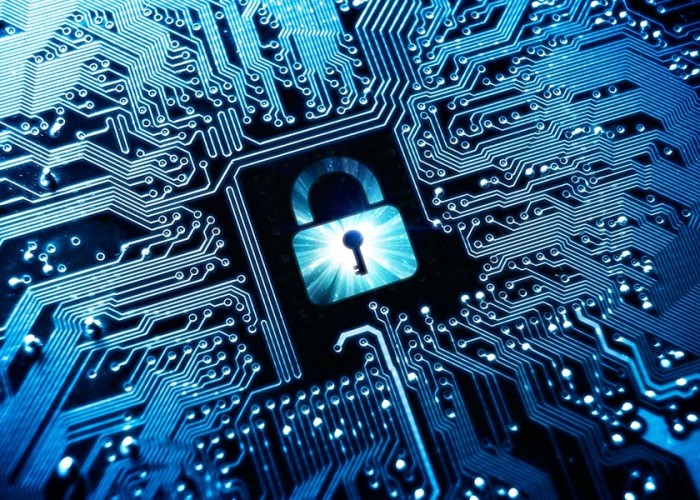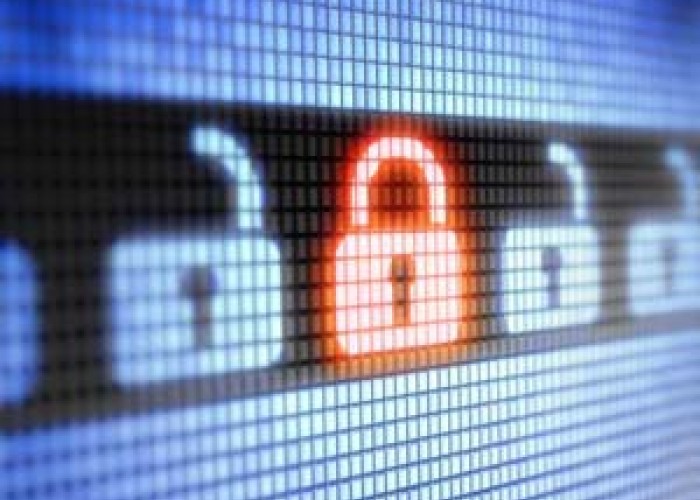Eight Ways to Stay Cyber Safe
Practice ‘cyber hygiene’ to protect personal data
By Paul WesslundOctober is National Cybersecurity Awareness Month, and electric cooperatives across the country are joining forces to raise awareness about cybersecurity. Electric co-ops protect the private information of their members and ensure hackers don’t tamper with the reliability of the electric grid. But consumers have a lot at stake, too — think about losing all the photos on your smartphone or having bank or credit card information stolen from your computer.
The team of cybersecurity experts at the National Rural Electric Cooperative Association suggest thinking of cybersecurity as “cyber hygiene.” Practicing it should become a habit, with some simple tips to protect yourself online:
1Create a strong password.
If it seems hard to keep up with all the passwords for the different software and applications you use, at least focus on the main password that allows the primary internet access, like the ones that open your computer, phone and wireless router.
2Keep software updated.
Notices of app updates often add security patches to protect against new threats. Updates usually come automatically from the software company. But be suspicious of update notices that arrive by email, especially if they claim to require urgent action. Visit the application’s website to make sure the update is legitimate.
3Be cautious when clicking on emailed links or attached files.
An email can even be disguised to look like it’s coming from a friend or family member. Take a moment and move your cursor over a link to reveal the full address before clicking it. If the link doesn't include the name of the legitimate source, find another way to verify the link.
4Install and use virus protection.
Buy your anti-virus software from one of the major recognized companies, and make it a subscription-type service that regularly sends automatic updates.
5Don’t use flash drives.
Those little thumb drives or jump drives you insert into your USB port may be handy ways to share lots of photos or other large documents, but as your mother might say, you don’t know where they’ve been. Instead, learn to use Dropbox or other software solutions for transferring large files.
6Back up your devices.
Make sure you have a current copy of everything on your computer or mobile device. Every few weeks, transfer your contents to an external storage system that you then unplug from your computer. You can buy an external hardware drive or online storage designed just for this purpose.
7Secure all your internet-connected devices.
Hackers have started invading connected devices with weak, preset passwords like wireless printers and baby monitors. Read the instructions carefully, set good passwords, keep the devices updated and make sure any wireless routers in your home are secure as well.
8Protect the kids.
Don't forget that children also need to be aware of and practice good cyber hygiene. They should know not to send out information such as birthdates and other ID numbers, as well as details like how long the family will be away on vacation. Learn to use parental control options on your hardware and software.
To learn more about National Cybersecurity Awareness Month and to view additional cybersecurity tips, visit staysafeonline.org.
About the Author
Paul Wesslund writes on cooperative issues for the National Rural Electric Cooperative Association.-
More about staying safe online
-
Share this story:







